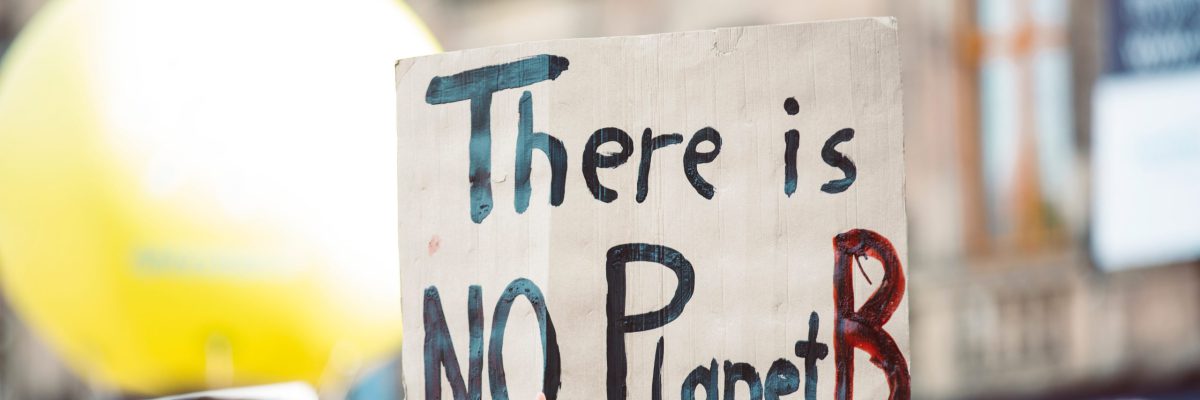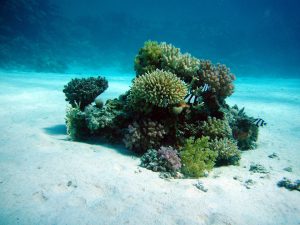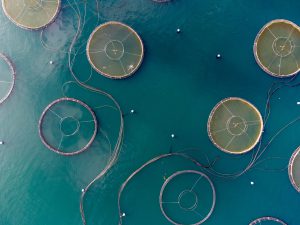It is no longer a question of whether air pollution kills or not, neither is it a question of whether species diversity dwindles or not nor is it a question of whether we are experiencing a climate crisis or not. The answers to these questions are crystal clear now: yes, yes, and yes. The solutions to these problems are also known; restraining population growth, cutting down on consumerism, moving to clean energy, electric public transportation, vegetarian diet, etc. Yet, though we know all this, each of us still goes on in his/hers way of life, not letting facts or reality set us astray from our usual routine.
And still, what is the question we must all ask ourselves now, as we must face the ecological-climatic crisis? To put it simply; what is the distance between chance and risk? In other words, what is the personal and national risk the crisis might cause, what are the chances these predictions would come true, and our chances to fix what we have destroyed. This gap, between chance and risk, between the nearing “end of the world” to “eat, drink and buy like there is no tomorrow”, is what this story is all about.
The list of risks is long and worrisome. From an egocentric point of view, we are mostly talking about morbidity and mortality due to air pollution, estimated at 7 billion people a year, which is a low estimation as we are also at risk from heat and freeze waves, wildfires, floods, etc. Global warming and the temperature rise are expected to cause increased stress on the human body. Security, food, and clean water are also matters which is being brought to the table again and again. The more the ecological-climatic crisis worsens, along with the increasing pressure humanity puts on nature, we are expected to experience a food crisis – dwindling amounts and lower quality of food. Storms, floods, wildfires, heat, and freeze waves will also harm vital infrastructures, from electric systems to water to transport systems, as well as private residences, businesses, and industries. These harms will cause a rise in the cost of living and an even more extreme gap between social and economic classes inside countries, alongside poverty, hunger, and the growing migration of refugees. But this isn’t everything, massive harm is done to the natural surroundings, the species diversity, natural habitats, and ecological systems from vast lands occupations by humanity for building, agriculture, industrialization, and utilization of natural resources, which lead to the emissions that pollute the air, water sources, land and lead to global warming, would cause enormous harm to the ecological systems that allow life to exist on this earth, including human lives.
What are the chances these predictions will come true during our lifetime? The predictions are many, the scientific reports and signs in the field show us the ecological-climatic crisis is very real, and its powerful effects can be felt already. It is safe to say that the apocalyptic scientifical predictions from a few years ago are happening earlier than expected, and despite that, humanity is not yet able to restrain its human-sourced greenhouse gas emissions to moderate the devastating effects of the crisis.
Is there a chance?
There is no doubt fixing it is possible and must be done immediately, if not for us, then for our children and grandchildren, who will have to live with the results of our actions. Even the scientific community that presents a harsh reality, is unified in believing that if we act now, we could significantly restrain the crisis’ effects. But in order to narrow the gap between chance and risk, we must conduct ourselves differently, change our patterns, take responsibility, and mostly, act. There is no doubt we will have to create and adopt technological changes; going from fossil fuels to renewable energies, changing to cultured meat instead of animal meat, etc. We will also have to come up with technologies that absorb and fix greenhouse gases, like CO2, from the different operations, and the atmosphere, though that will not do. The ecological-climatic crisis is a moral and ethical crisis, between what is appropriate and what is worthy, between what I want to what I really need, and between me, here and now, for the better good of my community. Without a significant change to the economic and cultural systems, the change will not come. There is no doubt we can change our course, but the question is are we ready for that, and do we even want that.
http://www.pardes.co.il/?id=showbook&catnum=978-1-61838-274-0
https://www.pexels.com/photo/climate-road-landscape-people-2990650/




